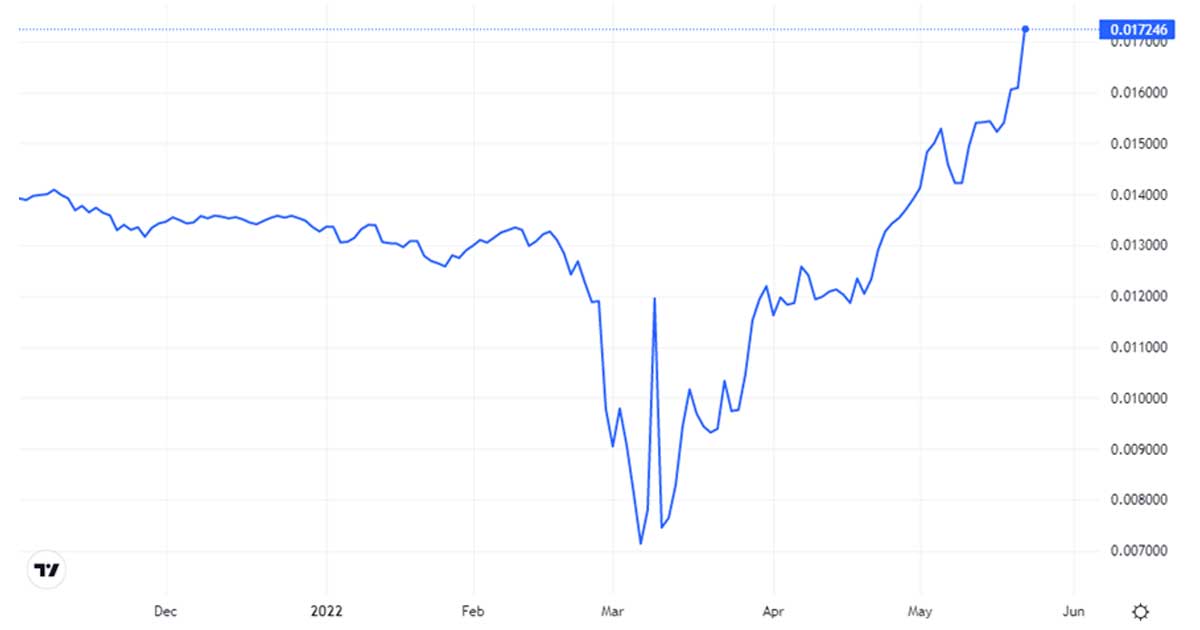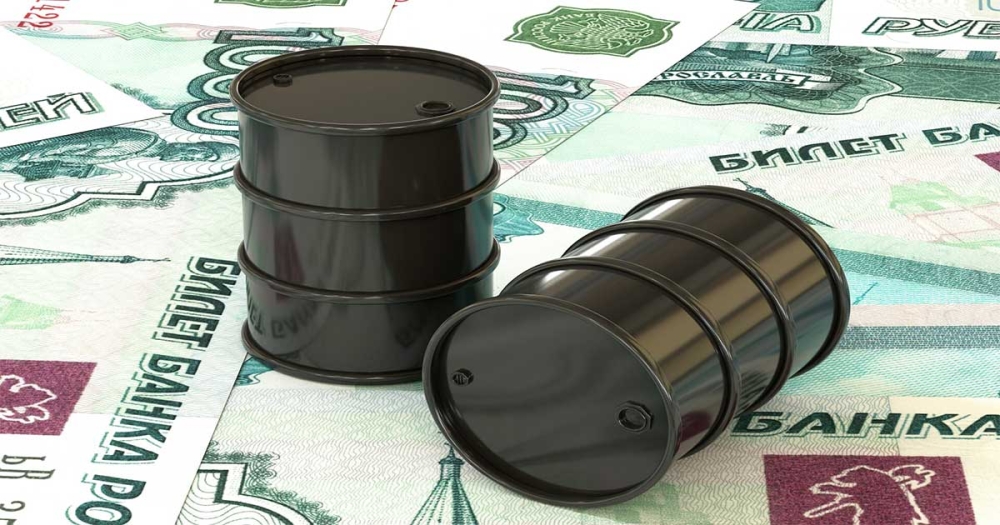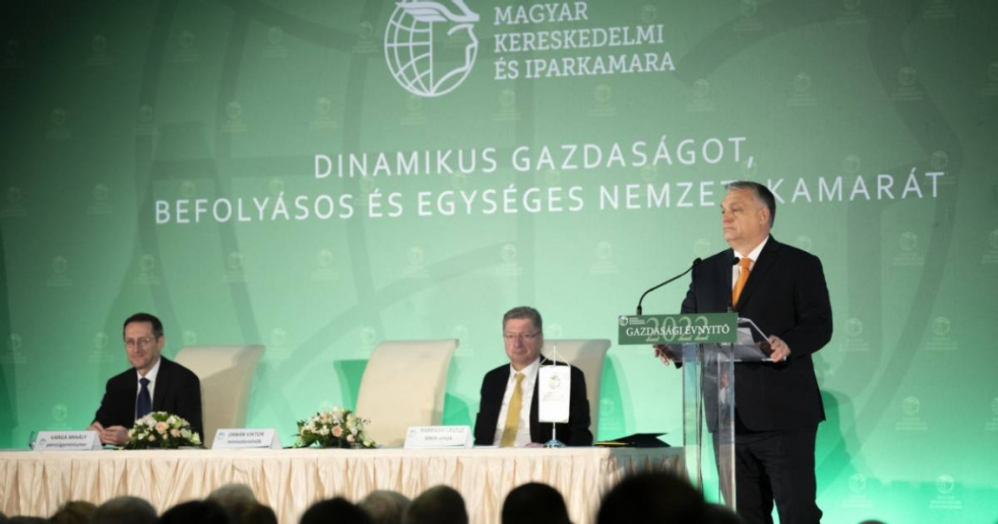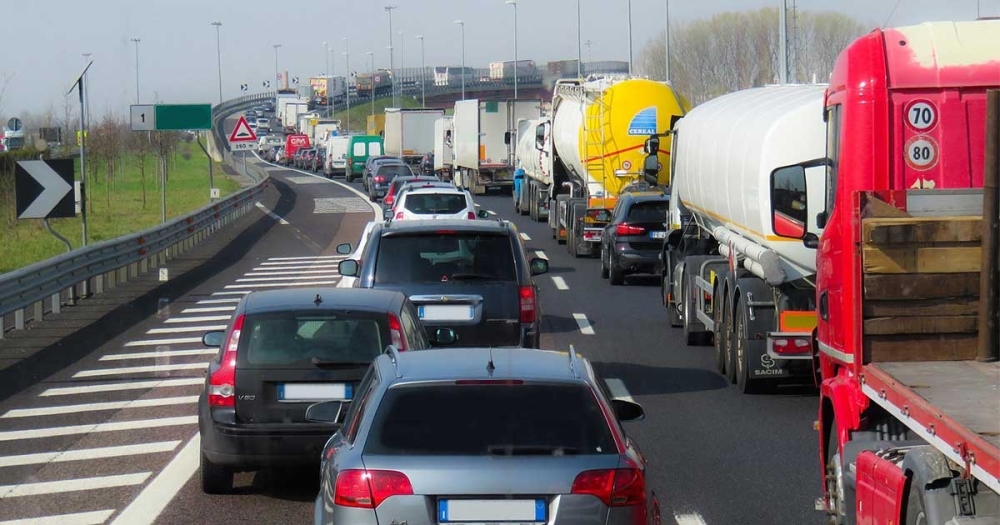In response to the Russia-Ukraine war, the European Union has introduced sanctions aimed at weakening the Russian economy and helping Ukraine.
The measures, which saw the value of the ruble against the dollar suddenly plummet to a new historic low, proved to be partly effective. Since then, however, the Russian currency has recovered and even risen to record highs.
Paying for Russian energy supplies in rubles, a decision that has been the subject of intense political, legal and financial debate, is a major contributing factor to the ruble’s appreciation. We asked Dr. Máté Tóth, a legal expert specializing in energy policy, to share his perspective on the international dispute.

Figure: Value of the ruble against the U.S. dollar from November 2021 to today Source
Despite leaders of member states agreeing in March this year not to introduce sanctions on energy supplies, the European Commission and the major political parties supporting it seek to eventually implement EU-level restrictions on the import of Russian gas and oil. Accordingly, the Commission has been systematically communicating against Russian imports since the outbreak of the war and also has plans to decouple the European Union’s energy supply while reducing the procurement of Russian natural gas.
It is clear that by pursuing the communication strategy of floating sanctions, the Commission has only succeeded in pushing up already sky-high oil and gas prices. The mere possibility of an import ban being discussed is already having a major impact on the price of natural gas on the world market.
In response to the sanctions, Russian President Vladimir Putin has ordered foreign buyers to pay for Russian gas in rubles starting from 1 April. This is to be done by opening a special account with the state-controlled Gazprom Bank. The announcement caused furore and the debate continues to flare up over and over.
Together with several other European countries, Hungary has accepted these conditions and arrived at a responsible decision while prioritizing its own economic and social interests.
Since importers were obliged to pay for the gas they consumed, they were largely left without a choice on this matter. The legal relationship between the parties is governed by all-encompassing gas contract that place limitations on both. Parties may not later invoke anything that had not been included in the confidential contracts. Negotiations between parties are irrelevant; only the text of the contract is authoritative.
In the context of war, these contracts have become highly sensitive in terms of geopolitics and security of supply. Under Putin’s decree, effective from 1 April, buyers must open a euro or dollar account and another one denominated in rubles with the Gazprom Bank; the gas bill is to be settled in rubles after conversion. This is certainly contrary to the content of contracts concluded earlier, which specified the exact currency of payment; however, it cannot be considered a breach of contract.
Parties have a contractual obligation to cooperate, meaning that the overriding interest of one party is to be respected by the other, especially if it concerns only a technical modification. Therefore, Russia may refer to the protection of public interest in a situation of war, since the sanctions-driven erosion of the ruble is detrimental to the Russian population and Gazprom investors.
In conclusion, customers cannot refuse payment on account of a technical adjustment, and the Commission’s idea of radically reducing Russian gas purchases in the near future is unrealistic. Long-term contracts generally stipulate that 80 percent of the price of contracted gas must be paid even if it is not required by the buyer (this arrangement is called “take or pay”). In terms of long-term contracts, a change in the volume of gas contracted – unlike the
currency of payment – is not a technical adjustment and is therefore not covered by parties’ obligation to cooperate and concede. This means that Europe can only reduce the volume of gas tied up if Gazprom agrees.
Russia has fulfilled its gas supply obligations as set out in contracts. Delivery to Poland, Bulgaria and Finland was halted because the customers refused to pay the new price of gas they had already received. The payment mechanism devised by the Russians has a crucial but elusive aspect to it.
The question is whether the European buyer may fulfil its payment obligation by transferring the value of the gas consumed to its account with Gazprom Bank or whether the agreement will involve exchanging euros or dollars to rubles while trading with the Russian central bank, which is prohibited by EU sanctions.
As stated in its non-binding so-called non-paper, the European Commission has long been of the opinion that this payment mechanism could violate sanctions imposed on the Russian central bank in 2014. Since payment can only be refused on the grounds that it has been explicitly prohibited by the Commission in a legally binding manner, this puts European buyers in a difficult position.
According Dr. Máté Tóth, a legal expert specializing in energy policy, the purchaser has no liability in relation to the eventual use of the money paid for gas deliveries; i.e., it cannot be obliged to fulfil the terms of the contract in this respect.
The user does the right thing by acting in observance of the contract, i.e. paying on time and in the currency stated in the agreement. The buyer may be exempted from this solely by binding EU law, applying not only to states but also to EU-based companies. Under such conditions, European law would replace and supersede substantive law in a structure understood in the context of substantive law. However, neither the European Union nor any of its Member States has adopted a binding provision prohibiting the performance of contracts.
According to the energy policy expert, a commercial disagreement brought to an international forum can develop into an investor protection dispute. It should not be forgotten that there are also investors in the energy trade who may suffer significant harm in the event of a contract termination. Under investor protection, war conflicts and political disputes cannot be taken into account and the European Commission may be held to account by the international forum if it were to be considered to have unjustifiably force the parties to refuse performance. As a consequence, compensation would have to be paid to investors.
The controversial issue appeared to have been settled on 4 May with the removal of the Russian central bank, which is subject to EU sanctions, from the exchange process. Payments made in euros or dollars are now exchanged at the Moscow Exchange by the National Settlement Depository, leaving no possibility for sanctions violations and ensuring that any buyer can purchase gas.
The current situation of war has resulted in extreme economic consequences; in this environment, calm and rational decisions are needed, which do not
ignore the legal risks associated with Russian gas imports. In light of the Commission’s most recent, updated guidelines, the body has recognized that the previous arrangement regarding gas payments was also proper.
The guidance concluded the issue and the related liability of doing business with the Russian central bank by requiring the customer to make a declaration that the payment is considered valid once the transfer to the euro or dollar account has been launched. The guidelines make clear that gas purchases may go ahead unhindered.





